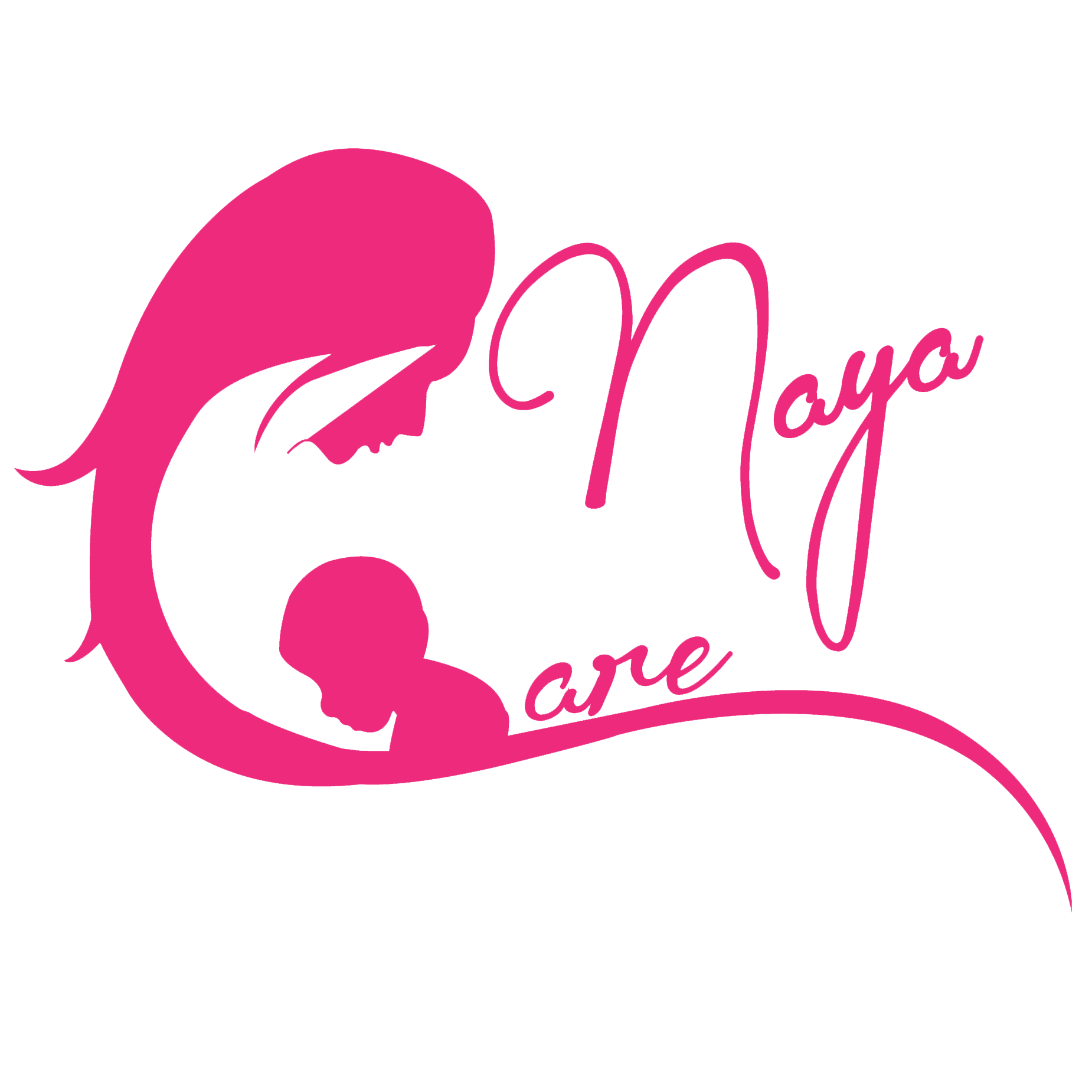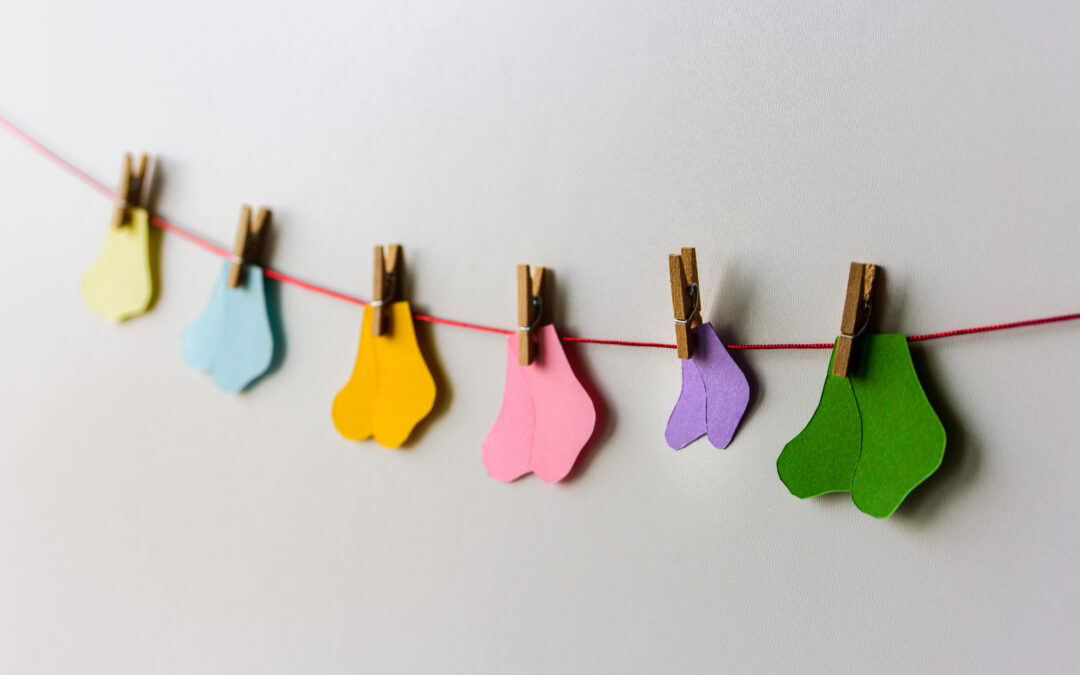Having a baby in the NICU (neonatal intensive care unit) is quite distressing, regardless of the length of stay. Parents can feel distraught over 3 hours of observation to a 3 months stay. The underlying theme is blaming themselves for their babies’ NICU stay. Therefore, the first and important message I want to convey is that: YOU are an amazing parent. For some medical reason, your baby needed the NICU and that’s why we are here. Talk to your medical providers in explaining the reason behind your baby’s NICU stay. If you still feel you are not understanding, ask again. Lastly, here at NayaCare, we offer free consultations with me, a NICU physician.
Historically, America’s first NICU was designed by Louis Gluck, opening in Yale New Haven Hospital in 1960. The NICU received further attention after President Kennedy’s 35 week old baby boy passed. He looked for answers and found that Canada was able to support premature babies at this time. Funding and awareness grew to establish better American NICUs. His tragedy led to many babies surviving. Now, NICU supports babies born at 24 weeks; and at some institutions, even 23.5 weeks. The youngest I have taken care of has been a 24 1/7 weeker who now is a thriving 11 year old! When I left the NICU to provide care in the outpatient home health setting, I was exposed to families struggling with transitioning from the NICU at home. Concerns encompassed worries around feeds, equipment, and/or medications. The stress and anxiety from the NICU was translating to home.
Therefore, for this month’s blog, in honor of Prematurity Week, I would like to offer you my tips on helping transitioning from the NICU to home.
- Prior to discharge, your medical team will come up with a discharge plan. Though they will have it written out for you, rewrite in your own words/notes to have concrete clarity. Then, repeat the plan back to your medical team to make sure the plans align. I found this very help with my patients and learned where I might not have been clear.
- Keep all medical records in a folder. Take the folder to all appointments.
- If you need any equipment, feeding tube or oxygen, check the equipment prior to discharge and have a clear contact number for the designated company in case of questions or concerns.
- In some cases, you will be required to take CPR. I would recommend that for all my NICU families. It’s a valuable tool. And, if ever the situation arises, you will have some substantial help while waiting for paramedics. Also taking CPR applies to anyone taking care of the baby from nanny to grandparents.
- For visitors, please talk to your medical provider regarding safety due to the cycle of COVID and flu. My tip is that it’s ok not to have visitors if you choose. All visitors need to have an updated flu and pertussis shot.
- Allow family and friends to provide food. It’s ok for them to leave at the door.
- Good hand washing prior to touching the baby for all involved.
- Continue the routine from the NICU, it will help you and baby ease into the routine at home.
Lastly, the NICU is hard on families. We offer two services to help our families.
- A NICU transition visit in which we spend 60-90 minutes in your home helping answering any medical questions, conducting a newborn exam, checking any equipment, and addressing any other concerns. The appointments are conducted by Adrienne Isaacs, MSN, NNP-BC, our neonatal nurse practitioner or myself. Appointments are covered by Medicaid.
- Free “mommy check in” call with our counselors helping mom a space to tell their story, struggles, and concerns around the NICU.
The NICU is hard on parents. I have had the opportunity to help my families from both aspects, inpatient and outpatient. Just remember, you are an amazing parent!
Recently on the NayaCare Blog
- The Unspoken Realities of Motherhood: An Honest Conversation About Returning to Work After Baby
- Balancing Mental Health and Motherhood: The Unattainable Made Reachable.
- Returning to Work After Baby: A Personal Interview with a Working Mom
- Supplements That Support Mental Health Postpartum
- More Than the Fourth Trimester: Honoring the Full Transition Into Motherhood

